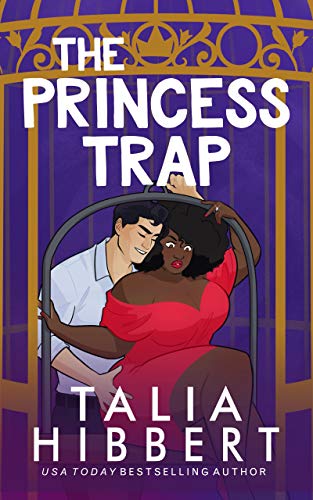We don’t look at time right. We’re chronologically lopsided. We can think about millions of years in the past but not millions of years in the future. We can think about the age of the dinosaurs, or the Romans, but we can’t push our minds two thousand years ahead, let alone millions... We can think about the time when we were not, but we can’t think about the time when we will not be. [loc. 1726]
Hopeland begins in Soho during the London riots of 2011 and ends in Greenland in 2033. Or perhaps in Eirin (once Ireland) in 2981. Or perhaps it does not end.
Amon Brightbourne is a particular kind of composer, his creations a mosaic of found sound and samples, tailored for an audience of one. In the summer of 2011 he's trying to find the gig he's meant to be playing at, but instead he meets Raisa Peri Antares Hopeland, a member of Hopeland, which is 'a nation within all nations, a religion with no belief, a family with no marriage': effectively, a non-geographic nation. Raisa is competing with another Hopelander, Finn, to find a mystical artifact, which turns out to be a gigantic Tesla coil: whoever brings it to life will become an Arcmage, an Electromancer. Amon is captivated, even before Raisa introduces him to Hopeland: but when Raisa visits Brightbourne itself and discovers the secret of Amon's improbable luck -- his Grace -- she flees.
Raisa heads north, to Iceland; Amon heads south, to Ava'u, a Polynesian island group (where, a century before, the founder of Hopeland began to think about self-selecting families.) There he plays music, meets princesses, and encounters the redoubtable Kimmie Pangaimotu. Amon's life is one of quiet melancholy, until reality crashes into him in the form of Hurricane Velma. Ava'u becomes a climate-orphaned nation on the move, and it heads north -- with, in a uniquely McDonald flourish, its ancient gods in tow, tethered by a weather balloon.
Which is nothing like all of the story, but enough to give you a taste of its blend of steampunk, fantasy and climate-crisis SF. Only a taste, because there is so much here: William Blake and Peter Ackroyd; volcanos and constellations; the KLF and a musical composition that lasts a thousand years; the Hopeland kids that don't have a gender until they're ready to choose and the fakaleiti Kimmie who's chosen a gender at odds with the sex she was assigned at birth; ephemeral enthusiasms and deep time; and storms, storms everywhere, tropical and Arctic, stronger by the year.
Climate change is real.
It took me a while to appreciate the balance between Amon, with his Grace, and Raisa the Unfinisher. (Despite one element of the conclusion, I'm not convinced that Finn is an equal part of the balance.) Amon and Raisa, between them, create a possible future that's more hopeful than anyone in the earlier chapters of the novel could reasonably expect: and in the final chapter, 'All is Full of Love', we see the fullness of the world(s) they have brought into being. Not alone -- it takes a nation -- but not without them.
The future described in this novel is not always bright, but Hopeland finds joy even in the darkest of times. McDonald's prose is often exuberant, sometimes lyrical, and has as many registers as the perpetuum mobile of Brightbourne's Music. I loved this novel and found it tremendously cheering. You can see for centuries from here, and the view is a delight.















